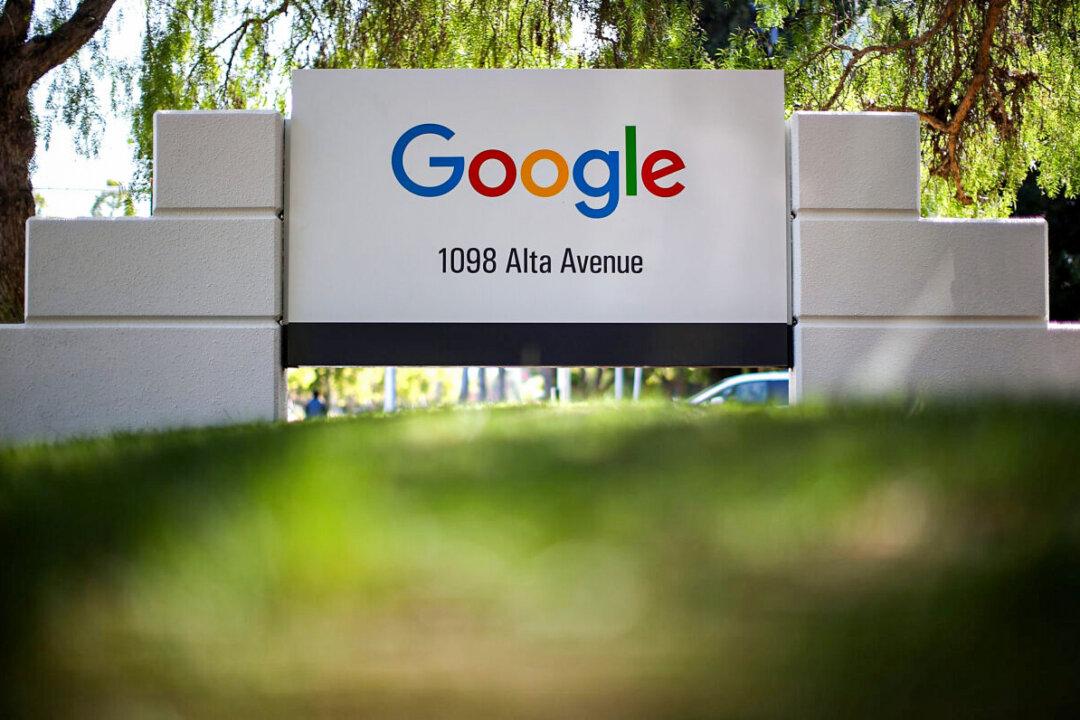A federal judge has rejected Google’s attempt to dismiss an antitrust lawsuit, ruling that plaintiffs have “adequately alleged” a claim under a key antitrust law.
Rumble, a video platform, sued Google in 2021, charging that the company violated the Sherman Act, an 1890 law that outlaws anti-competitive practices.





